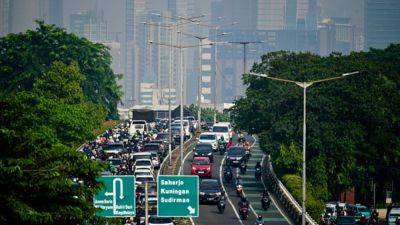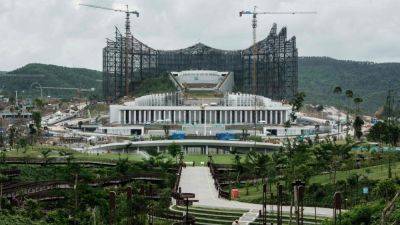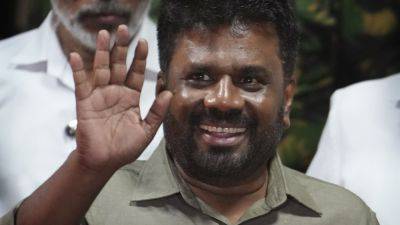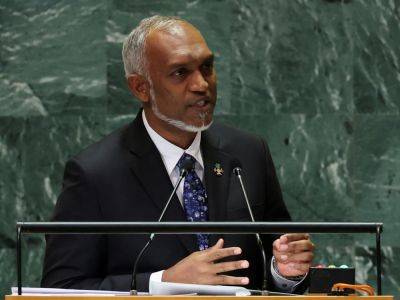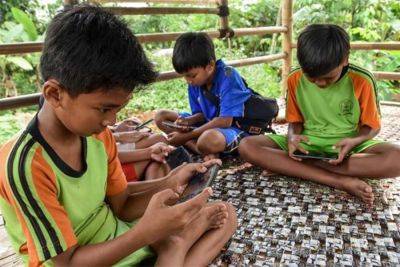Prabowo’s diplomatic dreams must balance economic realities
As Prabowo Subianto prepares to take power next month in Indonesia, anticipation is rising that the soldier-turned-politician will stake out a more assertive role for the nation on the global stage.
While Prabowo’s foreign policy aspirations signal a potential dramatic transformation of Indonesia’s diplomacy, any strategic shift must be judiciously balanced with the country’s many pressing economic challenges at home.
Prioritizing foreign policies and initiatives that help address infrastructure deficits, create jobs, alleviate poverty and develop human capital will be critical to ensuring that a more activist diplomacy delivers tangible benefits to Indonesia’s people.
Prabowo’s foreign policy aspirations, hinted at by his diplomatic forays as defense minister, already mark a significant departure from outgoing President Joko Widodo, who generally took a cautious and pragmatic approach that emphasizes the maintenance of stable international relationships.
Many anticipate Prabowo will assume a more direct role in forging Indonesia’s global stance and positions. His initiatives to date, not least a proposed Ukraine peace plan calling for a demilitarized zone and UN referendum, show a desire to elevate Indonesia’s global standing.
His high-profile visits to France, Turkey and Russia, meanwhile, underscore his ambition to build ties with key global powers on all sides of deepening geopolitical divides and position Indonesia as a prominent, if not crucial, middle-ground player and even possible mediator.
This proactive approach arguably aligns with increased expectations for middle powers like Indonesia–the world’s fourth most populous nation and Southeast Asia’s largest economy–to play a larger role in global governance.
Wit


